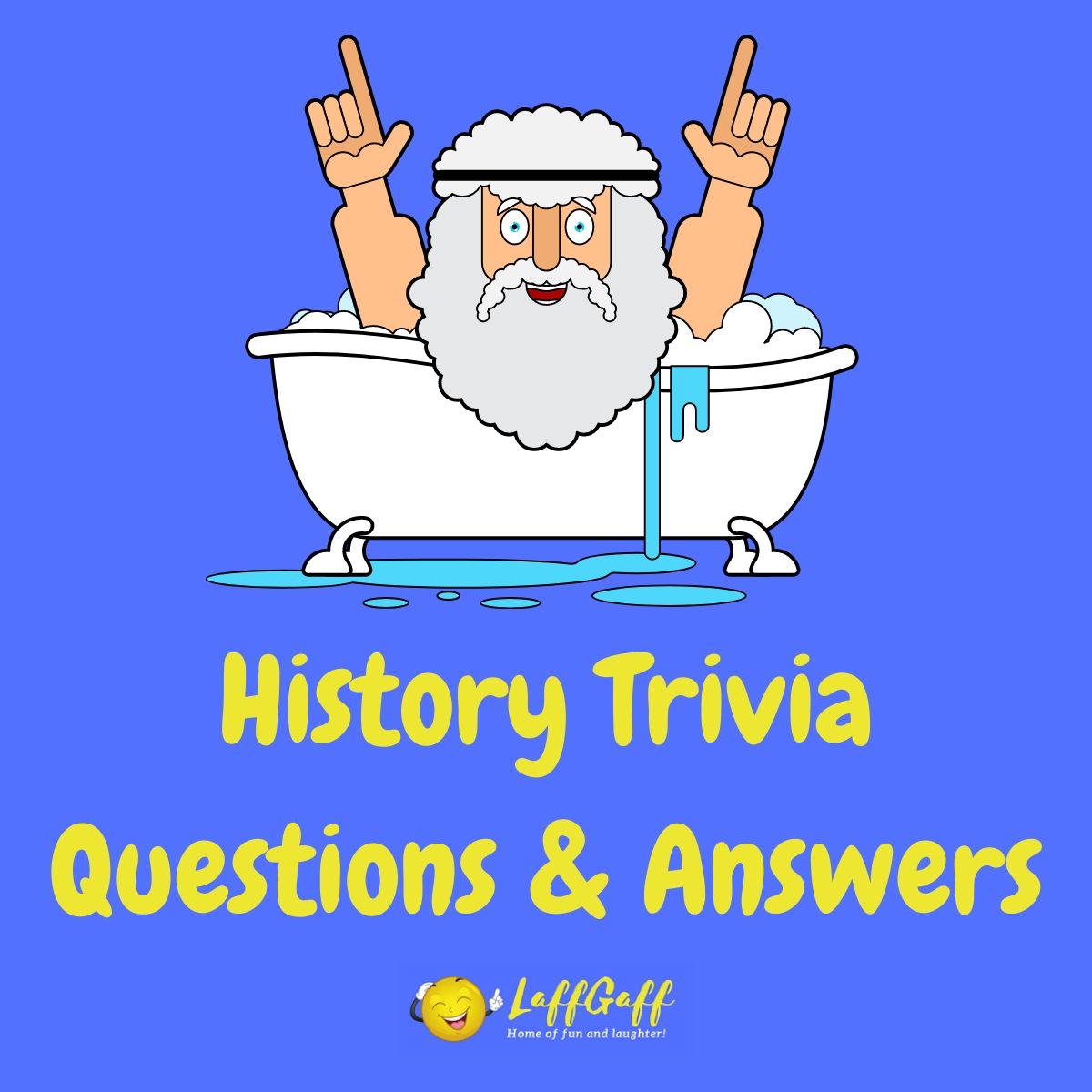Question: Which scientist discovered the neutron?
Show answer
James Chadwick, in 1932.
The discovery of the neutron, a subatomic particle with no electric charge, was made by British physicist James Chadwick in 1932. Chadwick was a student of Ernest Rutherford, who had previously discovered the proton. The existence of the neutron solved a major problem in nuclear physics at the time: it explained why atoms were heavier than the total mass of their protons.
Prior to Chadwick’s discovery, the nucleus of an atom was believed to contain only protons, alongside electrons to balance the charge. However, this model couldn’t account for the observed atomic weights. Chadwick proposed that the nucleus also contained neutrons, particles with a similar mass to protons but no charge.
Chadwick’s discovery was a significant step forward in atomic physics. It paved the way for further groundbreaking research, such as the development of nuclear power and nuclear weapons. His work earned him the Nobel Prize in Physics in 1935. Chadwick’s discovery of the neutron remains one of the most fundamental contributions to our understanding of atomic structure.



